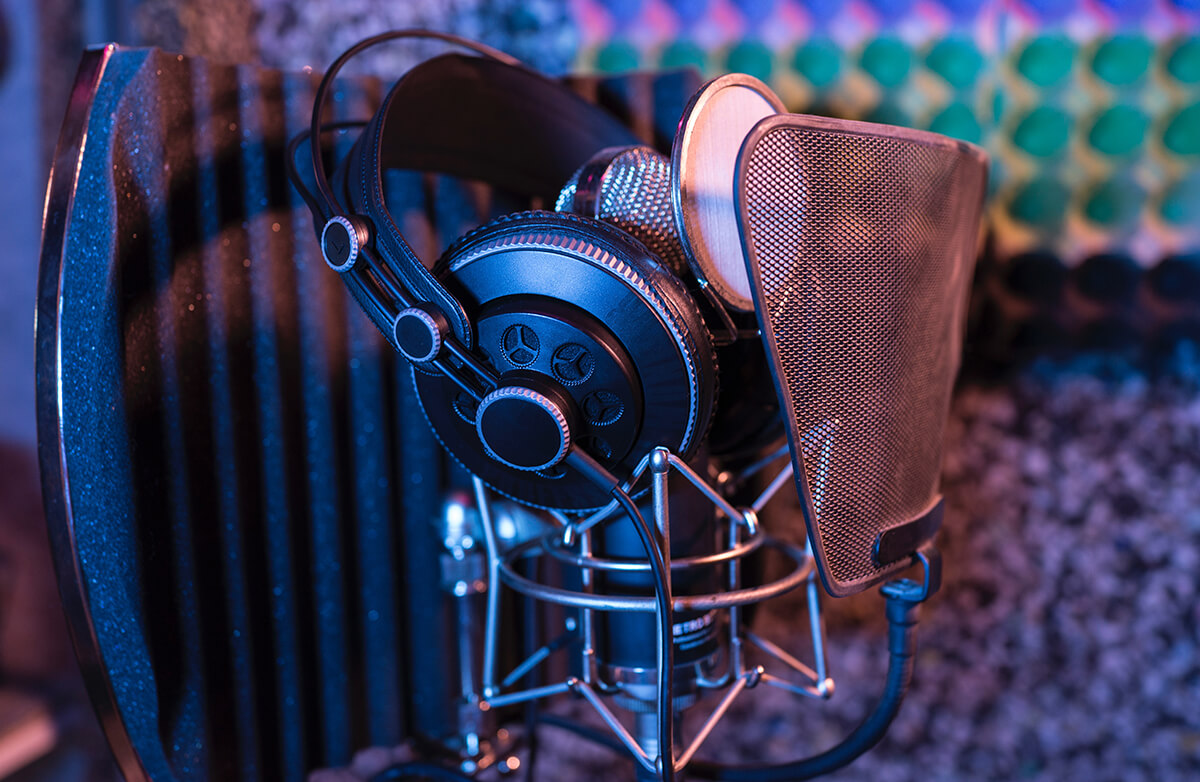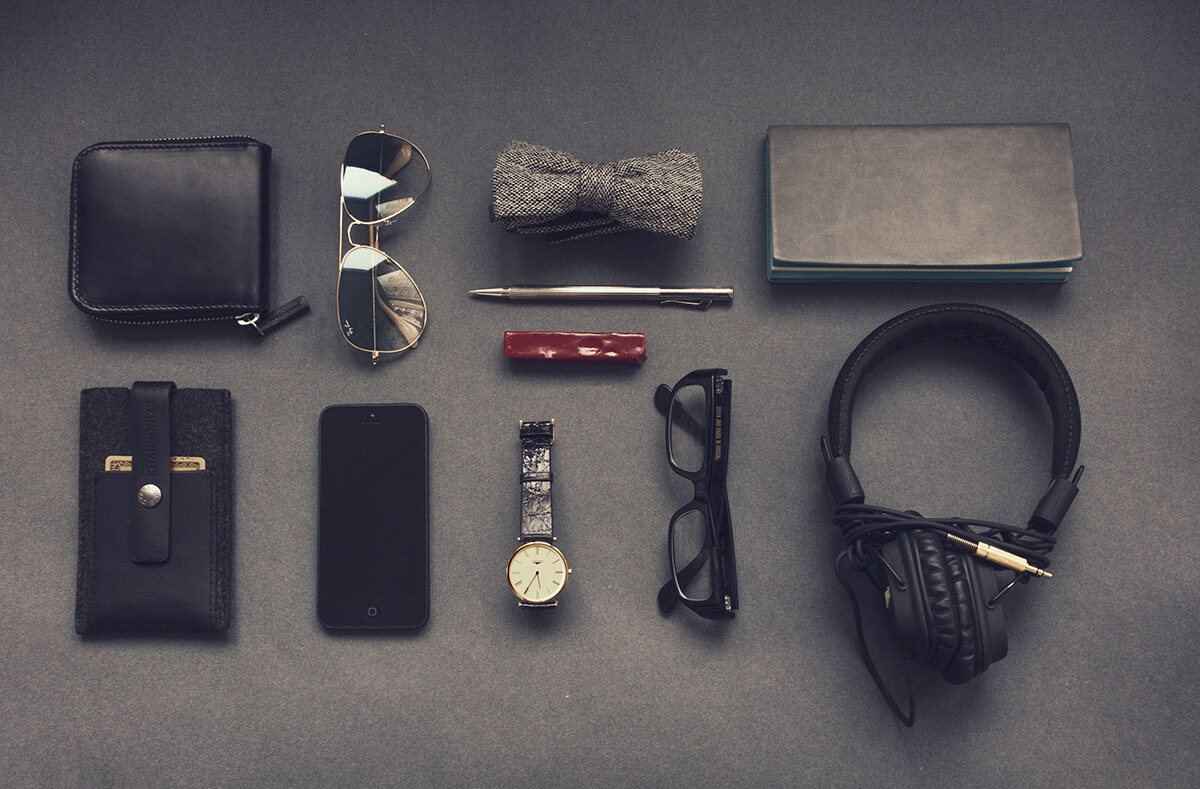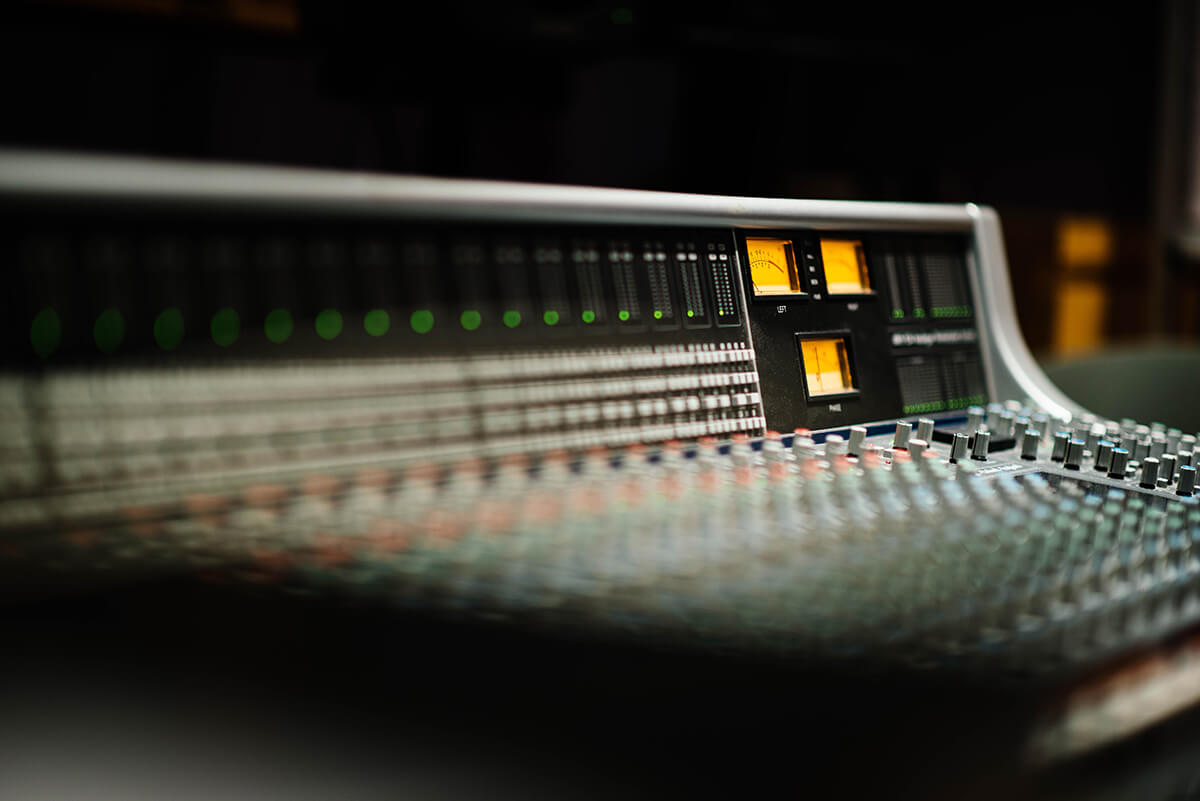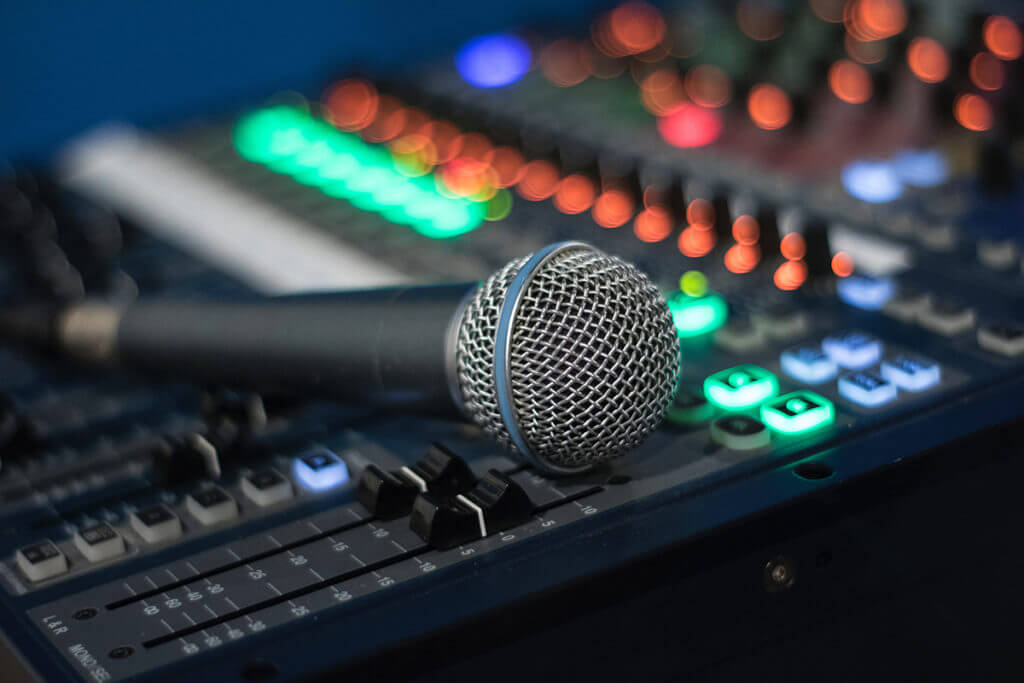
Audio is a mysterious area of production to many people. I say that as one of those people, by the way. I graduated from college with a degree in film and television, and no one bothered to explain anything to me about sound design.
What’s the difference between a lavalier and a hypercardioid microphone? What kind of software do audio engineers use? What’s the difference between a sound editor and a sound mixer? And why, why do they get separate awards at the Oscars?
Where to find these answers?
Pretty easy answer: I work with an audio engineer. His name is Joe. Sometimes we argue the merits of New York versus Chicago-style pizza. I’m a New Yorker, and you can trust me that he is wrong.
We proceeded with an interview anyway.
BASICS: What Do I Call You?
Often times, people introduce Joe as an “audio specialist.” While this isn’t technically wrong, he says it’s not a commonly used term among audiophiles.
So what’s the correct title? In Joe’s case, audio engineer, sound editor, or sound mixer would all be acceptable answers. We’ll get to those differences soon.
The truth is, Joe does all things audio-related at ECG. He usually handles the production audio these days, micing talent and operating the boom. Also, Joe does the vast majority of the sound editing and mixing. We record a lot of voiceover here, and he does that too. What’s more, Joe does our foley work, and keeps us on top of all the latest technology in sound.
That’s…a lot. “Specialist” may not be a common term, but it does seem fitting.
TOOLS: What Software Do You Use?
Technically, you can edit sound in Adobe Premiere. Just like you can do do color correction in Premiere. However, just like professional colorists use other software, like DaVinci Resolve, professional audio engineers use Pro Tools.
According to Joe, almost everyone in his field uses Pro Tools for mixing and editing. I inquired about Adobe Audition, but Joe told me it’s rarely used. When it is, it’s mostly out of spite for the industry standard.
Bringing Pro Tools to ECG was one of the key changes Joe brought to ECG when he arrived. That, and relocating an obnoxious vent that made his room “unworkable because of how loud it was.”
BURNING QUESTIONS: What’s the Difference Between Sound Mixing and Sound Editing?
This mysterious distinction prompted my inquiry more than anything. For years, I haven’t been sure what the difference between editing and mixing is. And now, finally, I know.
SOUND EDITING

“Sound editing is a lot like gathering ingredients to make a big meal,” Joe says. “On a film,” he explains, “there are whole departments in charge of different areas of the sound. Background, for example.”
“For any scene in film, television, or even commercials, a sound editor sorts through hundreds or thousands of sounds,” Joe says. “Maybe more. Then, the editor, or a team of editors, present the sounds they feel are the most fitting.”
It’s a highly selective process. Just because a sound is cool, doesn’t mean it’s right for a specific scene.
I hear you asking: once the process is complete, to whom are these sounds presented? And for what purpose?
SOUND MIXING

“Sound editing is a hunt for the highest quality ingredients,” Joe tells me, “sound mixing is taking those ingredients and making it into something tasty.”
Essentially, the sound mixer decides how all the sounds fit together in a scene. They’re the conductors of a symphony of footsteps, car horns, alarm clocks and ringtones, and so much more. They decide how well you’ll hear the rustling of a bush or the ambient drone of a space station.
So it turns out sound editing and sound mixing are different things. That’s why there are separate awards for them at the Oscars. When you know that difference, it’s easy to see why they’re both equally important.
All the iconic sounds you’ve heard in movies, like a lightsaber slicing through the air, are the work of a bunch of different people with different specialties. They work together to synthesize entirely new noises. Ones that we can’t imagine our favorite movies without.
TEAMING UP: Are There Chances to Collaborate?
I wanted to know if Joe felt like he could collaborate with a bunch of people who don’t do what he does. After all, no one else here is an audio engineer.
“Mostly yes,” he replied. “And I love it when I can collaborate because I feel like they help me come up with ideas I wouldn’t have had on my own…. [Those are] just the best projects for me, when everyone’s coming up with their own ideas and contributing to it.”
The best creative experiences happen when people feed off each other’s ideas. Turns out that carries over into audio just as well as every other department. When you’re part of a team, that’s just how it goes.
LOOSE ENDS: Did I Miss Anything?
Oh yeah. Joe is a font of information when it comes to sound, even if I can only understand the basics.
There was one other thing I had to know though. As a professional audio engineer, how does Joe feel about the Wilhelm Scream?
I now have something in common with an audio engineer! We both love that goofy yell.

